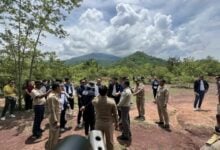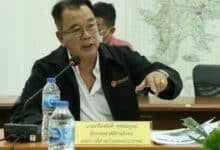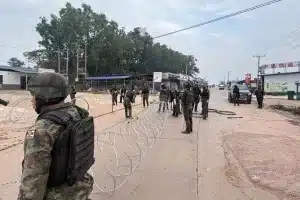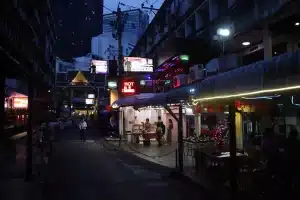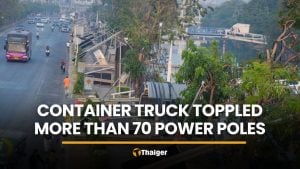Mekong basin developmental projects threaten livelihoods, wildlife
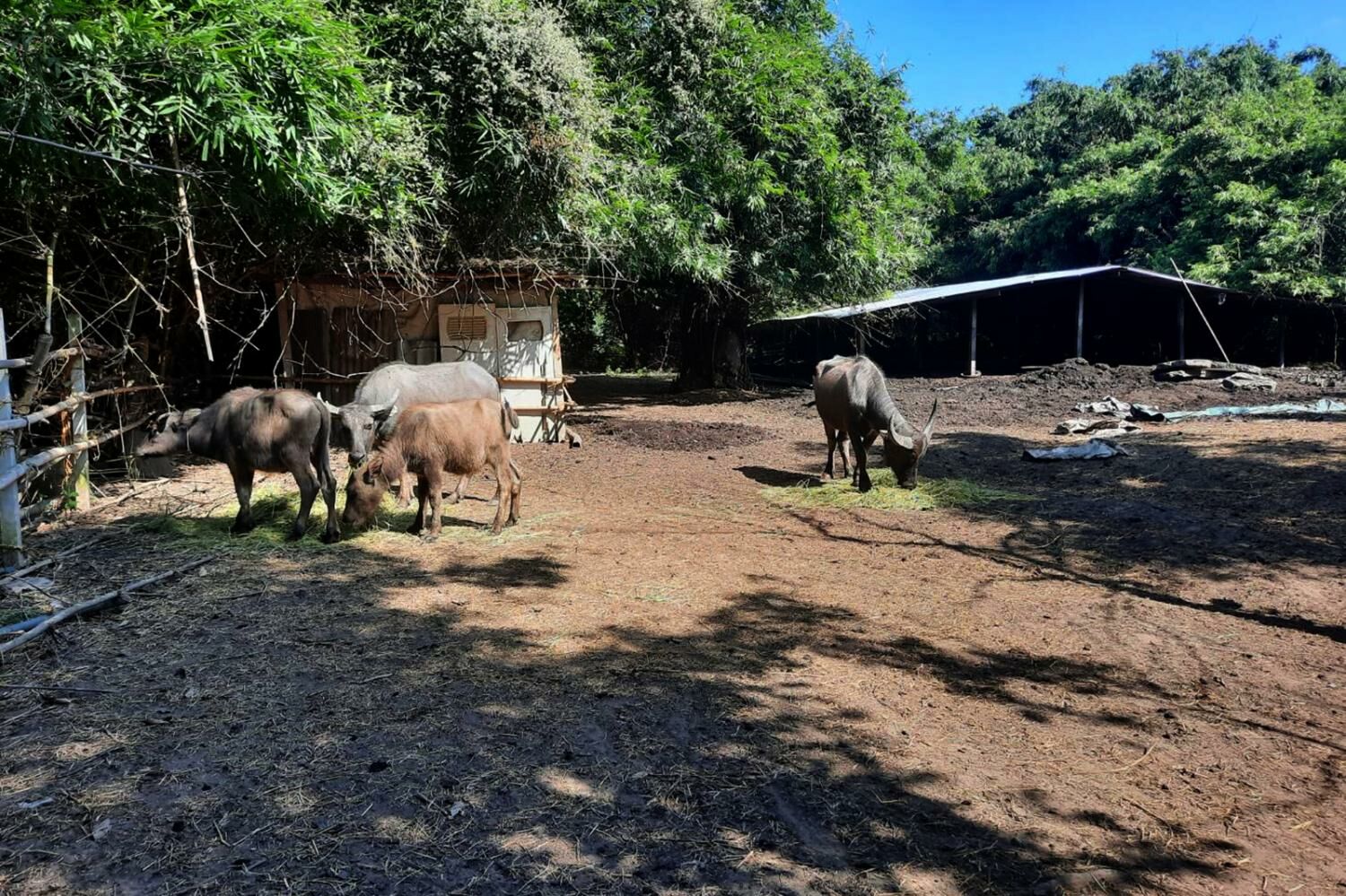
An expert in sustainable growth and fair use of natural resources has warned that lives and livelihoods along the Mekong Basin could be in jeopardy as a result of developmental projects. The 14,000-rai Wiang Nong Lom in northern Thailand, a shared resource and home to a multitude of freshwater species, has long been a haven for local wildlife.
Now, however, the swamp valley has become the site of the Wiang Nong Lom Large Natural Water Resources Development Project, sparking concern among local communities.
The project, which includes 65 initiatives such as 22 water management works, was designed to prevent drought and flooding, boost local tourism, and create jobs. The Irrigation Department has excavated the land to increase water storage capacity and protect around 14,531 households from flooding. However, locals have expressed disapproval of many of the measures being implemented under the project’s banner.
A local farmer in his 60s explained that the grass used to feed the buffalo has been uprooted to make way for crayfish catching. The farmer added that the community collectively agreed to avoid using pesticides to protect the buffalo. This decision led to an increase in the number of water species, providing an important source of income for the locals, said the farmer.
“It was a great ecosystem. Now everything’s gone.”
He showed no interest in the government’s job creation scheme.
“I do not want to be someone else’s employee.”
The project has installed fences in parts of the wetland to prevent intrusion, leading to a scarcity of grass for the buffaloes. As a result, farmers are now burdened with the cost of additional feed for the animals.
The construction work also poses a threat to the local freshwater fisheries, which are crucial to the livelihoods of the locals, reported Bangkok Post.
Another local expressed concern over the dwindling fish population.
“I don’t know if there will be any fish for us to catch next year.”
The locals found it challenging to negotiate with the authorities as the construction began almost immediately after the budget was allocated, leaving little time for local input.
Development projects
Similar development projects along the Mekong River in other parts of Chiang Rai have drastically altered local lives. An ethnic Tai Lue woman reported that a large sandbank, where locals used to gather and plant crops, has disappeared, along with many freshwater fish species.
“The dam obstructs them from laying eggs. Some eggs cannot make it through dam filtration.”
The woman added that the fluctuating water levels have eliminated freshwater algae, another source of local income.
Chayan Vaddhanaphuti, director of the Regional Centre for Social Science and Sustainable Development at Chiang Mai University, highlighted the importance of considering political, social, and cultural contexts while investing in infrastructure. Chayan stressed the need to consider the voices of all stakeholders, especially those with little power.
The expert expressed concern over the rights of downstream states in the Mekong region, whose control over water flow is limited. He emphasised the importance of locals having a say in the fair use of the river.
“We need to consider rights to the river to ensure future generations survive with these natural resources and get the benefit from it.”
Latest Thailand News
Follow The Thaiger on Google News:
